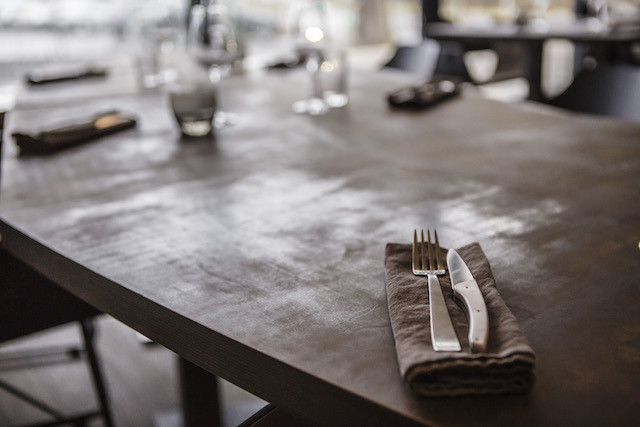Coronavirus measures are driving the final nail in the coffin for already beleaguered owners of small bars and restaurants, François Koepp, general secretary for catering federation Horesca told Delano on Tuesday.
“Our president always used to say he thinks about 20% restaurants bars will close in the next 9 months. In my opinion, we will lose around 8 or 9%. It’s very serious,” the industry expert said.
Luxembourg introduced a number of financial support mechanisms to keep SMEs afloat during and after lockdown. Koepp said in particular the non-refundable aids were helping many of the smallest SMEs to survive. However, a key challenge has been the change in the way short-time working is managed. Introduced to pay worker's salaries during the lockdown period, these subsidies were paid within 15 days of a request being submitted. But the procedure changed from July onwards and now business owners face waits of up to four or more months to be reimbursed. “The problem is it’s a very slow-moving procedure in paying back and it’s very difficult. If they have to advance all the salaries for the next four months and don’t get enough cash and have to wait 4 months to recover the first month, it will be very hard for them,” said Koepp.
It is not just coronavirus that is to blame for the expected closures--the pandemic merely adds to a list of "harms" such as the 2014 smoking ban, and the VAT hike on alcohol from 3% to 17% in 2015.
Koepp said: "In my opinion, a lot of those businesses have always been in difficult waters. I think this is the moment when they decide, let's give up, it doesn’t make sense to continue because our debt is much too high."

François Koepp, pictured, expects up to 9% of Luxembourg bars, cafés and restaurants will disappear in 9 months. Photo: Romain Gamba
Teleworking appears to be the biggest threat for cafés and restaurants located in urban areas which have less footfall from local residents and are more dependent on trade from office workers.
Horesca estimates the cost per day to the sector in trade lost from teleworking at around €500,000. “It’s a lot of money,” said Koepp. “You have to completely change your model to get the client to come to you. We tell our members, take that into account, delivery or takeaway could be interesting for you.”
Hotels and holidays
On a more positive note, the sector is recruiting, even if there are fewer jobs than in previous years. A trend towards staycations, meanwhile, heralds a “good season, also because of the €50-voucher given by the government to residents and cross-border workers.” While hotels and campsites recorded a number of cancellations early on in the season because of covid-19 infection fears, high resident spending could help plug that gap. And if the Belgian and German tourists return for the autumn, “maybe they will come out of the crisis without too much damage,” said Koepp. It is the city hotels, which rely up to 65% on business travel, that are struggling the most.
“The hotel industry in the centre is nearly zero. We’re running at 25% or 20% room occupancy,” Koepp lamented.
